Ugochukwu Asiogu

 I conduct research and provide critical analysis on human security, and development issues.
I conduct research and provide critical analysis on human security, and development issues.

Uyo, Nigeria
Historical Misconceptions: Half-truths our university degress could not decipher
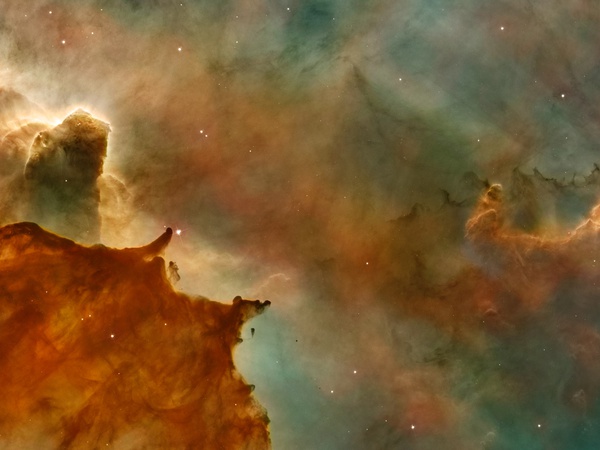
<span class="html-content">
<p>History is assertive and its knowledge is provocative. Have you ever wondered why there are propositions and corresponding oppositions to ideas? The reason is because knowledge is transient and unlimited. Also, history deals with the interpretation of collated evidence(s) from past events. What this means is that there will be no credible history without thorough interpretation and analysis of facts and figures in order to arrive at a concluding statement. Historians question why events happen, when they happen and what made them happen. And it is questions like this that help us understand the truths about the nature of people and events.</p>
<p>Sadly, our ahistorical minds have been saturated with loads of mythical fallacies which we had learned from the internet, movies, folktales, gossips, rumours, proverbs and even parables. Funny enough, schools have also contributed immensely to the proliferation of these uninterpreted and widely held lies. A lot of our textbooks are full of unverifiable and unrelated myths and these are not healthy for the literary consumption. </p>
<p>The thrust of this article is to unveil and debunk five widely held historical misconceptions that you probably never knew about.So, relax, take your time and follow me.Have you ever heard that Julius Caesar was born by Caesarian Section? As funny as this may sound, one may wonder if the Romans were carried away with the similarity between the names - Caesar and Caesarian Section. However, the real truth about the matter is that Caesar was born by natural birth and in the customary way. And the Caesarian Section surgical birthing procedure was a result of the "Lex Caesarian" which means "Law of Caesar." Established by Caesar, the law stated that a child is to be cut from the womb peradventure the mother dies in the process of childbirth. This is eventually how the CS actually started.</p>
<p>There is another widely held misconception about Christopher Columbus's discovery of the New World - the Americas in the 1490s. Unfortunately, this is not true. Maybe, the New world was new to Columbus but not to many others. This is because historians agree that the New World had already been discovered by the ancient Norse missionary, Leif Erickson, who first landed on Canadian shores about five hundred years ago prior Columbus's arrival at the Bahamas. The son of Erickson set sail as an explorer, merchant and evangelist. In his attempt to get to Greenland, he sailed off course and later landed in Helluland, Markland, which he called Vinland which is probably present day Nova Scotia. </p>
<p>What about story of Thomas Edison's invention of the light bulb? Is it true that he invented the light bulb from start to finish? The answer is no. Unlike widely held belief, the light bulb had been invented many years ago before Thomas created a new version of it. What Edison did was to improve the light bulb to the point that it became reliable, expensive and sustainable for usage. Again, there is a popular misconception carried by Europeans which holds that Queen Catherine the Great died while trying to have success with a horse. She was accused of bestiality . But in reality the accusations were totally wrong as the Queen died in bed of illness and not under a horse that allegedly crushed her. Interestingly, this rumour is suspected to have had its source from the French aristocracy, who were known rivals and had been accused for previous sexual slanders. Of course, it is possible that the French may have sought for ways to attack the image of Russia and unfortunately, situation surrounding the queen's death gave them an opportunity. </p>
<p>Regarding the story of Mungo Park's discovery of the River Niger around 1796, several questions and arguments have been raised pertaining to whether Mungo Park discovered the River Niger for the British and the rest of the world or he was fortunate to make personal findings about the river which he later popularized? Again, some historical documents hold that when upon Park's arrival at the river, he met the inhabitants fishing and bathing. What this means is that Park must have re-discovered an already discovered river. Hence, the incorrectness of the widely acclaimed discovery story.</p>
<p>Overall,it is important to note that not all stories are history and not all "histories" are credible and true.</p>
</span>


Historical Misconceptions: Half-truths our univ...
By
 Ugochukwu Asiogu
•
4 plays
Ugochukwu Asiogu
•
4 plays
 Ugochukwu Asiogu
•
4 plays
Ugochukwu Asiogu
•
4 plays
0:00 /
0:00
Other insights from Ugochukwu Asiogu
Referral Earning
Points-to-Coupons
Insights for you.



 679
679















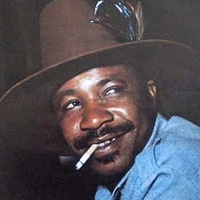



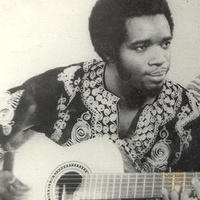









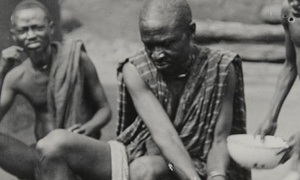





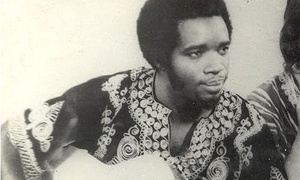




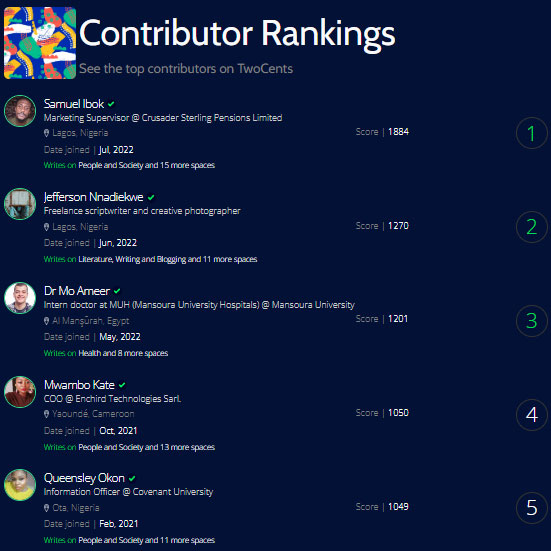






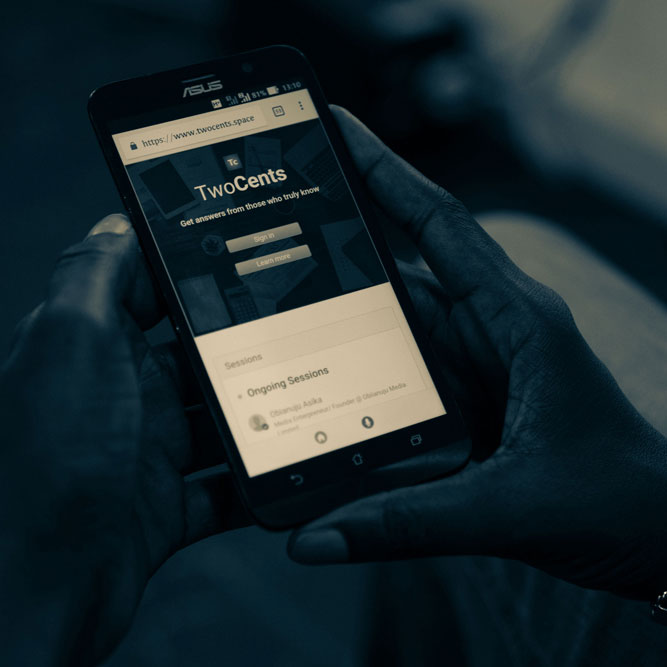













Comments